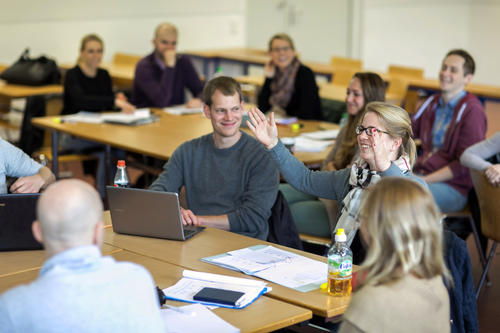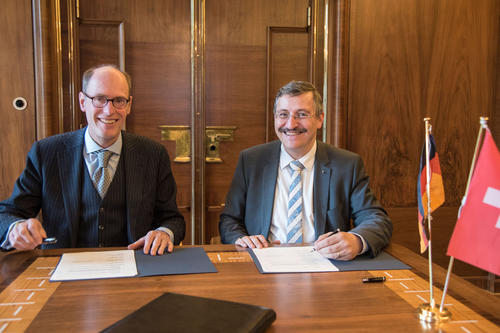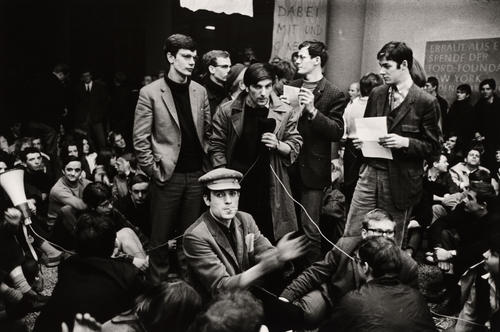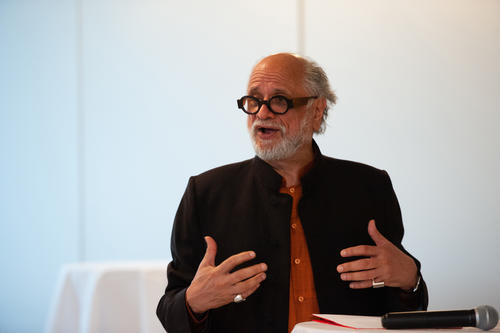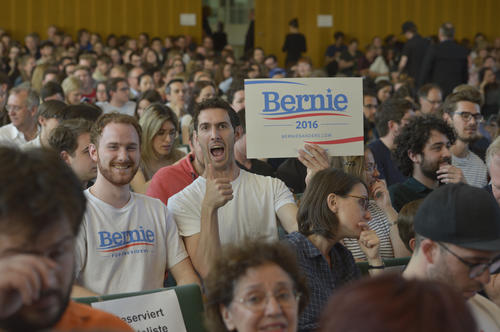2 | 2017
Jul 18, 2017
Content
- THE World Reputation Ranking in 2017: Freie Universität One of Five Most Prestigious Universities in Germany
- University of Zurich and Freie Universität Berlin Conclude Strategic Partnership
- “We suddenly had the courage to question authority”
- Study: Diets in Prehistoric and Early Nonagrarian Societies Were More Diverse than Previously Thought
- German Internet Institute: Berlin-Brandenburg consortium wins bid
- Humanities – What’s Next?
- “Democracy is not a spectator sport, democracy is you!”

